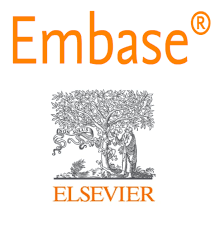Psychosocial Determinants of Adaptation to Complete Dentures in Elderly Patients: A Mixed-Methods Pilot Study in Rural Gujarat
Keywords:
Complete denture, adaptation, psychosocial factors, rural elderly, Gujarat, mixed-methods.Abstract
Background: Adaptation to complete dentures is not governed solely by mechanical fit and occlusion—it is deeply influenced by psychological and social dimensions of a patient’s life, especially in rural elderly populations.
Aim: To investigate the psychosocial determinants affecting adaptation to complete dentures among elderly patients in rural Gujarat using a mixed-methods approach.
Methodology: A total of 150 completely edentulous patients aged 50–75 years from rural areas of North Gujarat were included in this mixed-methods study. Quantitative data were collected using a structured psychosocial questionnaire measuring psychological readiness, social support, emotional adaptation, and denture satisfaction. In-depth qualitative interviews were also conducted with 20 purposively selected participants to explore their lived experiences and cultural beliefs. Statistical analysis was conducted using SPSS software (IBM SPSS Statistics V.30) and qualitative data were analyzed thematically.
Results: Higher self-esteem and stronger social support networks were significantly associated with better adaptation and satisfaction with dentures (p < 0.01). Qualitative narratives revealed themes such as cultural stigma, spiritual beliefs, emotional readiness, and the role of family support in accepting complete dentures.
Conclusion: Psychosocial factors play a significant role in the acceptance and adaptation of complete dentures. Integrating psychological assessment and culturally sensitive counselling into prosthodontic care can improve patient outcomes in rural elderly populations.
.png)









